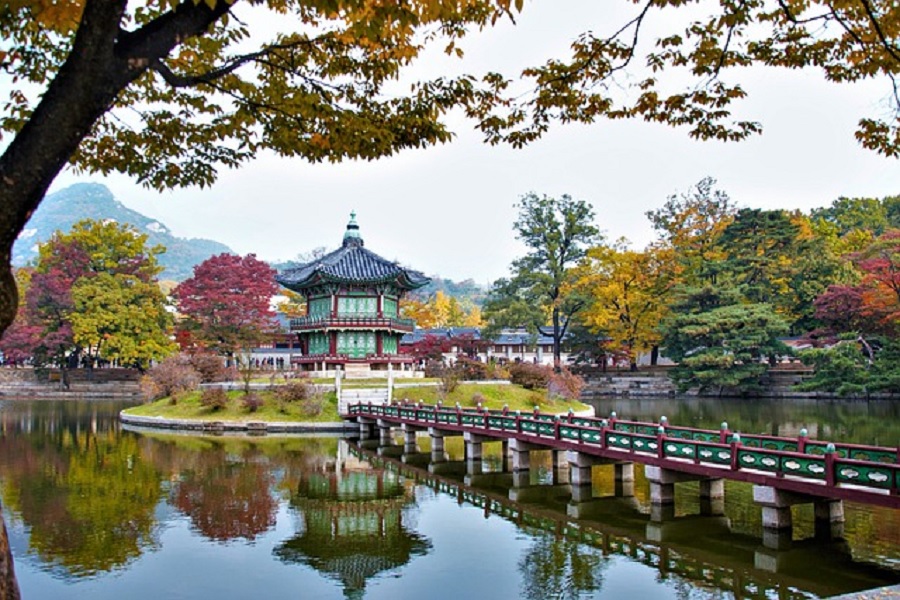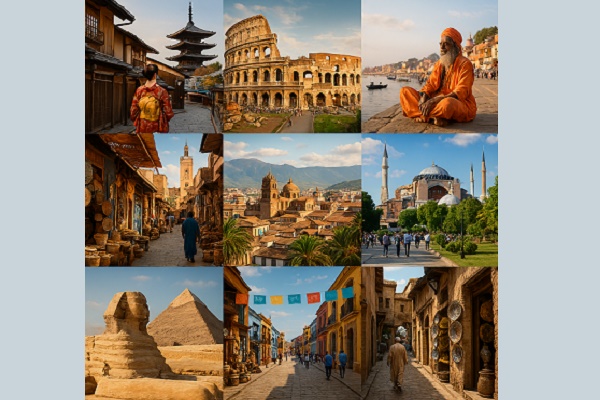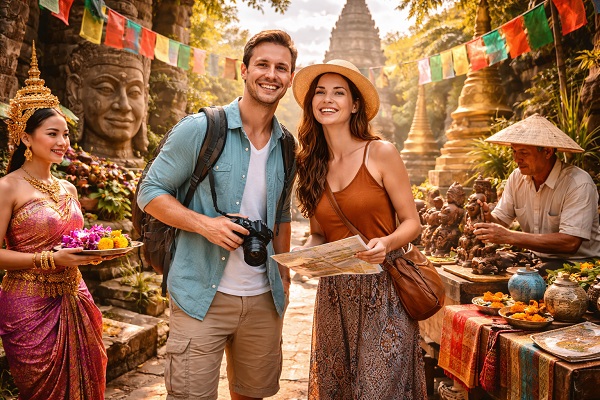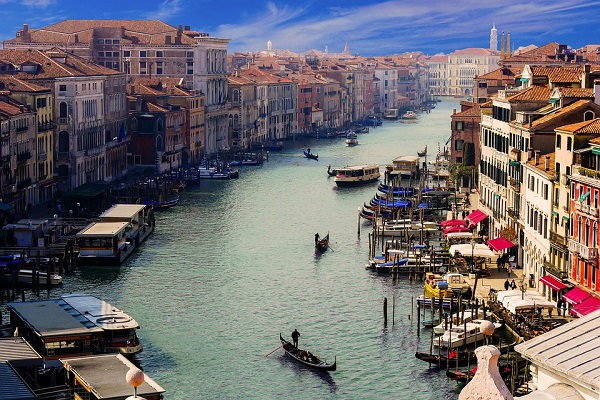Cultural Tourism: Exploring the Heart of Humanity

In an age where travel is more accessible than ever, tourists are increasingly seeking more meaningful experiences. Cultural tourism has emerged as a powerful way to not only explore new places but to understand the soul of a community—its history, traditions, art, and people. It's about traveling not just to see, but to connect.
What is Cultural Tourism?
Cultural tourism involves traveling to experience a place’s culture firsthand, including its heritage, rituals, architecture, cuisine, festivals, and the daily lives of its people. Unlike sightseeing tourism that focuses on landmarks, cultural tourism dives deeper into the stories behind those landmarks and the communities that built them.
Why Cultural Tourism Matters
Preserves Heritage: Cultural tourism plays a key role in preserving art forms, traditions, and historical sites by generating awareness and income for their conservation.
Fosters Understanding: It promotes cross-cultural exchange, helping travelers appreciate the diversity of the human experience.
Boosts Local Economies: It empowers local artisans, performers, guides, and small businesses.
Authentic Experiences: Travelers gain a more fulfilling journey by participating in local life rather than observing from afar.
Popular Cultural Tourism Destinations
Kyoto, Japan: From tea ceremonies and Geisha culture to temples and Zen gardens, Kyoto is a cultural treasure trove.
Jaipur, India: The “Pink City” offers palaces, folk music, textile arts, and vibrant bazaars.
Fez, Morocco: One of the oldest cities in the world, Fez brims with artisan traditions, souks, and Islamic architecture.
Cusco, Peru: Once the capital of the Inca Empire, it’s a gateway to Andean culture and the ancient city of Machu Picchu.
Florence, Italy: The cradle of the Renaissance, Florence houses art, history, and a rich culinary tradition.
Types of Cultural Tourism
Heritage Tourism: Visiting UNESCO World Heritage Sites, forts, temples, and ancient ruins.
Art & Performance Tourism: Experiencing local dance, music, crafts, and theater.
Religious Tourism: Visiting spiritual sites, participating in rituals, and learning about different belief systems.
Culinary Tourism: Tasting traditional dishes and joining cooking classes to understand a culture through its cuisine.
Festival Tourism: Attending events like Rio Carnival, Pushkar Fair, or Songkran Festival to see cultures in celebration.
Tips for Responsible Cultural Tourism
Do Your Research: Learn basic etiquette and customs before you go
























